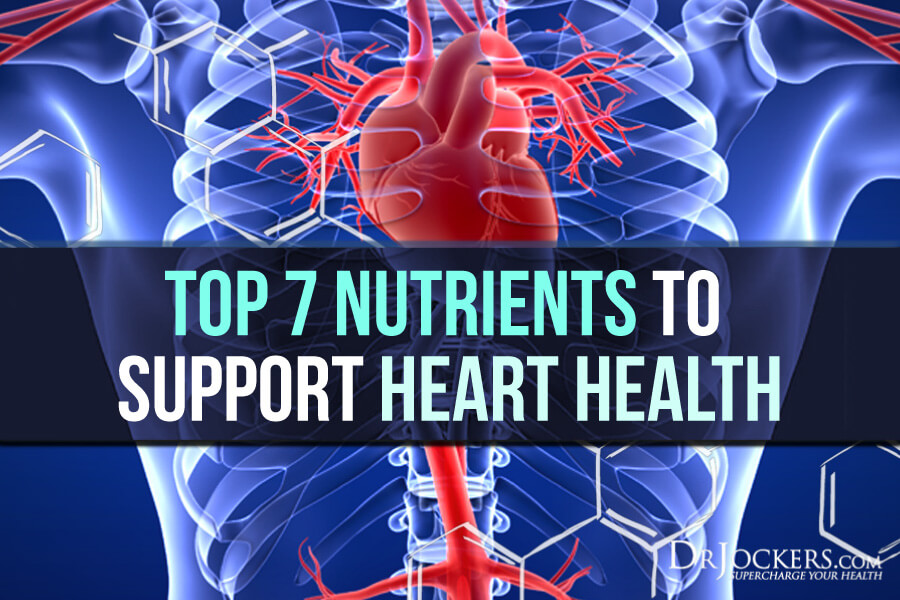 Top 7 Nutrients to Support Heart Health
Top 7 Nutrients to Support Heart Health
According to the CDC, heart disease is the number one killer of people in the US (1). This is likely due to the standard American diet, increasing sedentary behaviors, and more time spent indoors in front of artificial lights. Together these factors create the perfect storm for chronic inflammation and different aspects of heart disease. It is imperative that we learn how to prevent heart disease by using our lifestyle choices.
In this article, I am going to cover the top 5 root causes of heart problems (that you may have not heard before) and nutrients you can take to support your heart health. The heart is a high energy muscle that needs certain nutrients in order to function optimally. Unfortunately, most people are either not consuming enough of these 7 key nutrients (especially the first 3) or they are not absorbing these nutrients properly.
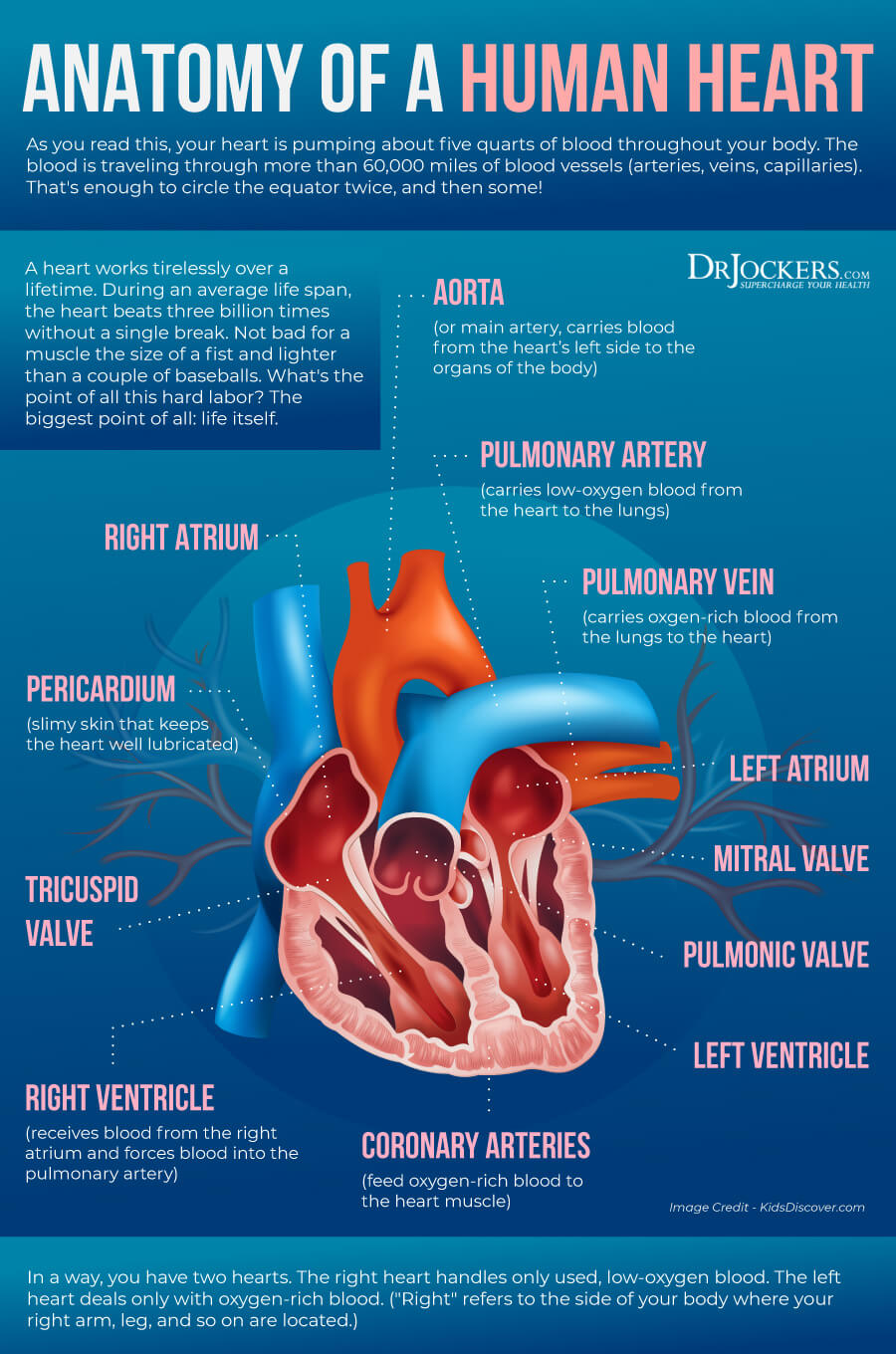
Top Risk Factors for Heart Disease
If we wish to prevent heart disease, we must understand the most common underlying causes of heart-related diseases. Several aspects of the human body can be influenced by our daily lifestyle choices. Identifying these factors is what empowers people to embody a truly preventative lifestyle.
Most people go about their entire lives living with these factors developing and they don’t catch on to any of the warning signs. Be sure to understand and address these issues.
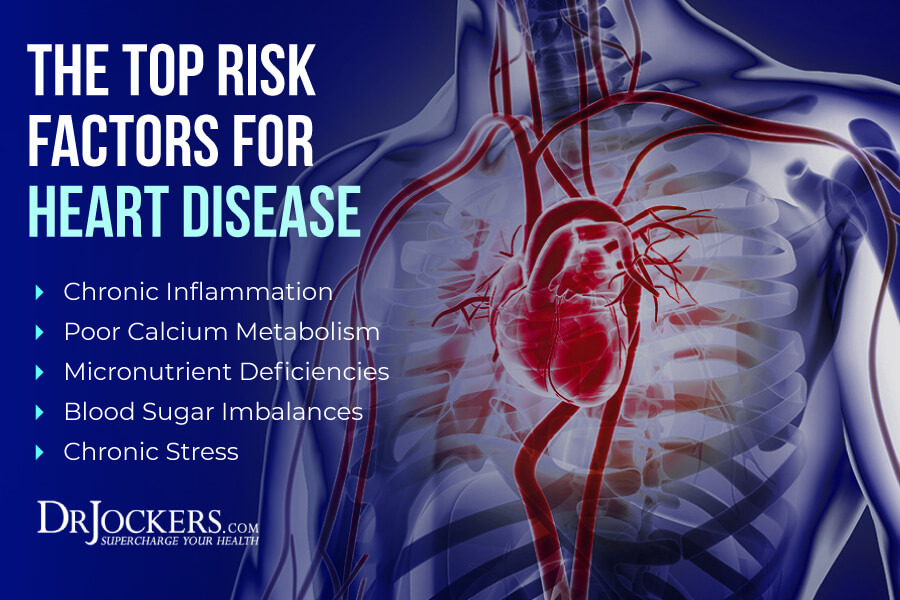
Chronic Inflammation
Chronic inflammation plays a role in just about every chronic disease people face today. Looking to mitigate underlying inflammation is one of the most powerful strategies to put the body on the path towards healing itself. This holds true for anything from cancer, to autoimmune diseases, to heart diseases (2).
Inflammation is caused by excessive oxidative stress at the cellular level. This oxidative stress can actually inhibit the function of mitochondria. Mitochondria make all of the energy needed for our cells to carry out normal functions. This means that inflammation can negatively affect just about every cell in the body by damaging the very structure we need to make energy.
You may be surprised to find out that the heart actually contains one of the highest mitochondrial densities out of any other organ and therefore experiences the effects of chronic inflammation much more quickly.
At the same time chronic inflammatory processes can inflame the arterial lining and promote the accumulation of plaques, which can lead to heart attack and stroke. Mitigating chronic inflammation in as many ways as possible is probably one of the most powerful ways to prevent heart disease.
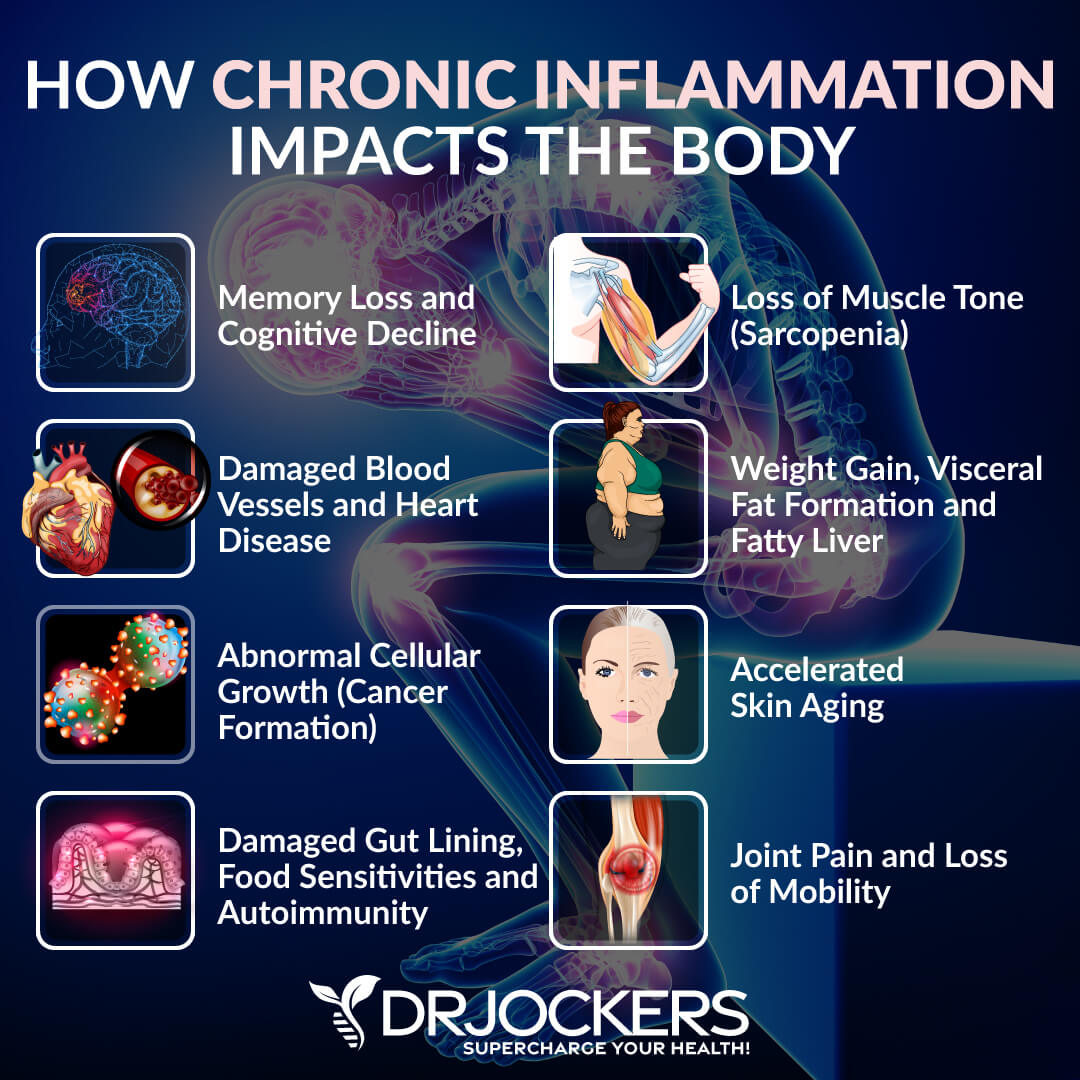
Poor Calcium Metabolism
We have been led to believe that calcium is the panacea for bone loss. While calcium is a critical aspect of healthy bones, there is massive oversight as to the process of forming bones. Calcium actually coordinates with magnesium, Vitamin D, and Vitamin K to ensure that it ends up in the bone.
When these nutrients are not sufficient in the body, calcium will be much more likely to end up in the arteries in the form of plaques. Recent studies have backed this up by showing that solely supplementing with calcium can actually increase your risk of having a heart attack (3, 4).
Having the critical cofactors necessary to ensure calcium ends up in bones, and not in the arteries, is critical to prevent heart disease.
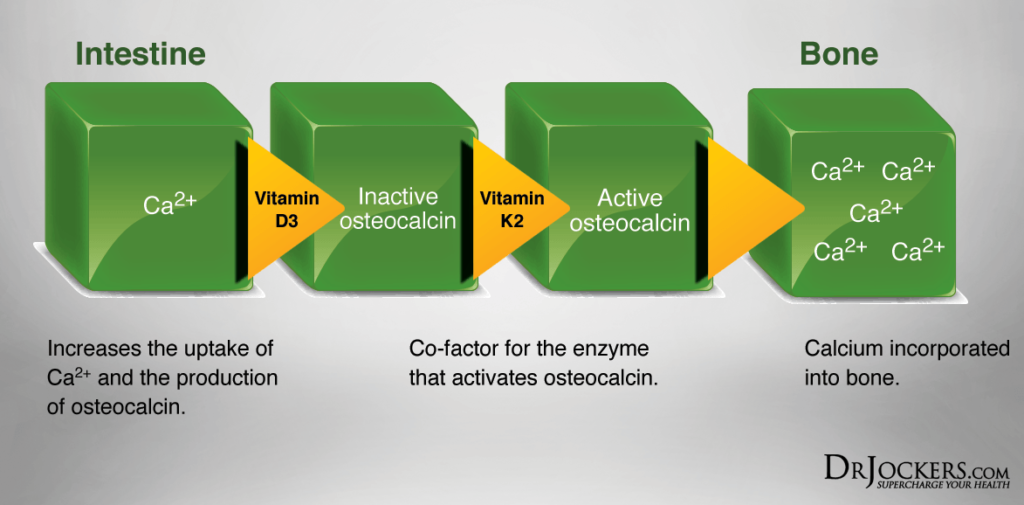
Micronutrient Deficiencies
In addition to magnesium, Vitamin D, and Vitamin K, there are a range of nutrients that can lessen your chances of acquiring heart disease. These include flavonoids, polyphenols, electrolyte minerals, and healthy omega-3 fats.
Flavonoids and other antioxidant compounds work by actively combatting the negative effects of inflammation and oxidative stress. Polyphenols help by actually promoting mitochondrial function, which as we discussed already, is extremely important for the heart. Minerals ensure proper conductance of electric signals, something the heart does constantly. And finally, omega-3 fatty acids are powerful anti-inflammatory agents that actually make up our cells.
Together, a wide array of micronutrients can actually help to prevent heart disease from many different angles. This is why I recommend a ketogenic diet with plenty of plants and antioxidant-rich herbs and spices. Here are 2 great articles that dives into this further: What Are Micronutrients and How to Test Your Levels and Real Food Keto Diet
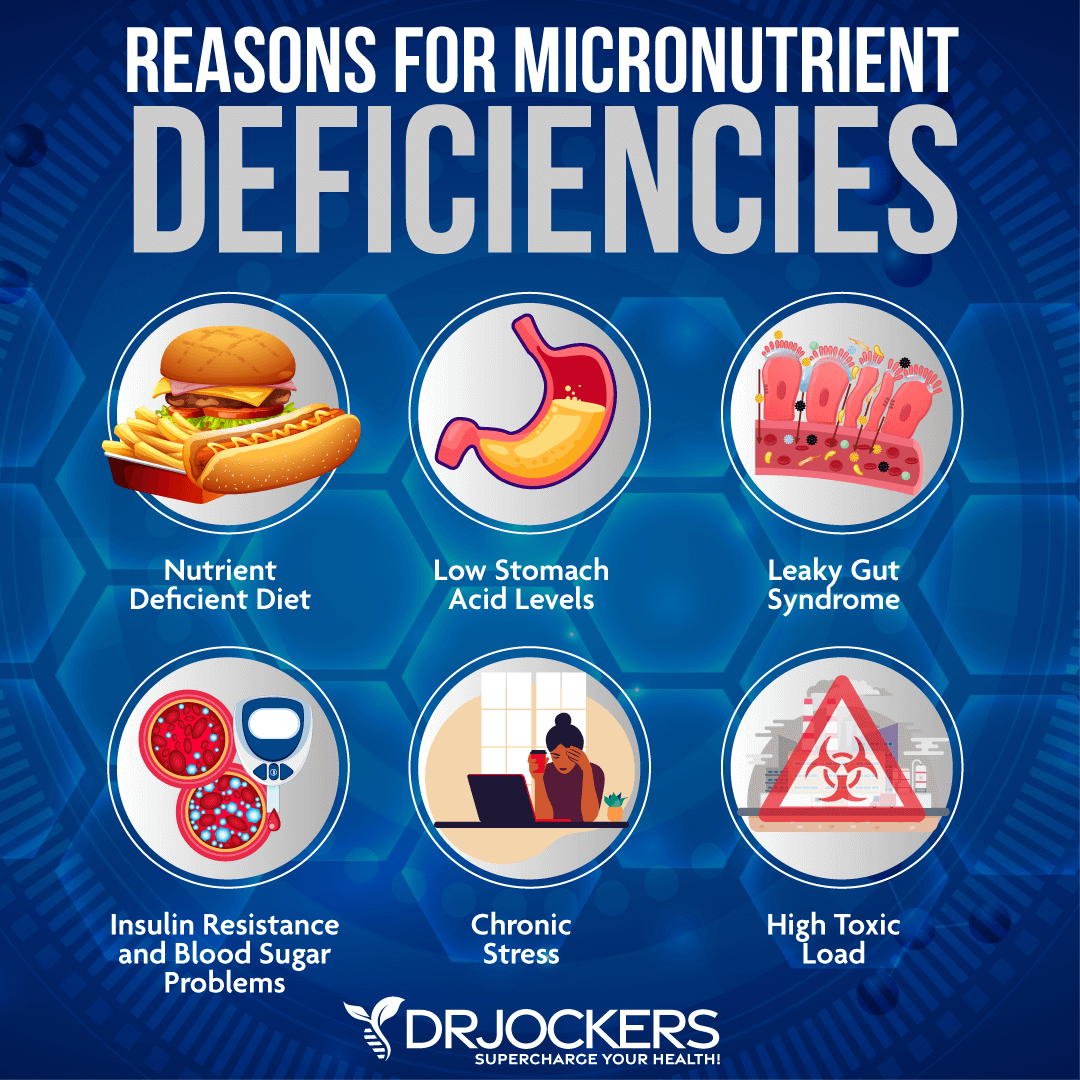
Blood Sugar Imbalance
A commonly overlooked aspect in the pursuit to prevent heart disease is actually blood sugar imbalances. In fact, it seems that we have been completely misdirected in what causes heart disease in this regard. We have been told for years that fats and cholesterol are the enemy, when it is much more likely to be sugar.
Most people in today’s society rely heavily on carbs and sugar as a primary aspect of their meals. This means that their metabolism primarily relies on sugar for energy. This kind of eating pattern creates massive fluctuations in blood sugar that contribute to the formation of something called advanced glycation end products (AGEs).
This is basically when sugar molecules in the blood bind with enzymes or proteins. AGEs are highly inflammatory to the epithelial lining of the arteries, making them a risk factor for heart disease (5).
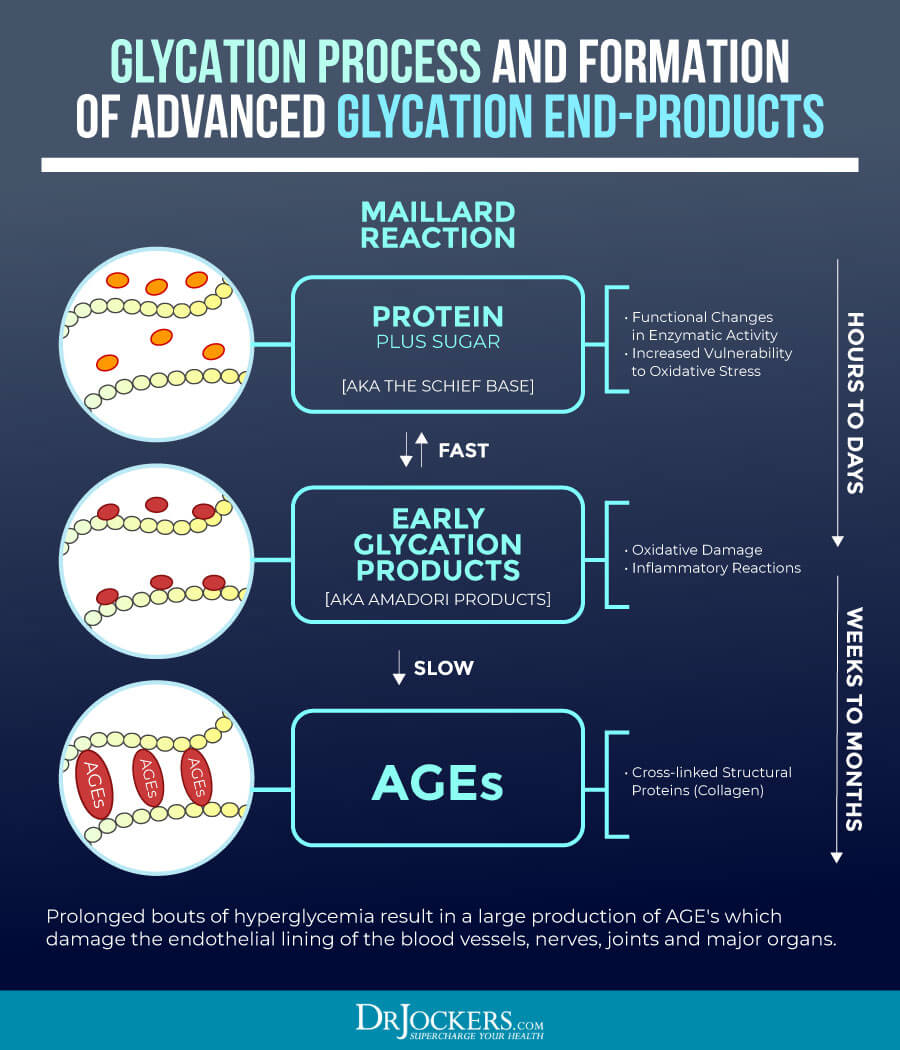
Chronic Stress
Finally, if we want the best shot to prevent heart disease, we need to improve our ability to handle stress. Chronic stress is a big factor in determining you heart disease risk (6).
Chronic stress can be internalized by the human body in different ways depending on nutrition and mental outlook on life. When we internalize chronic stress with anxiety and a failure to meet our daily demands, this basic behavioral aspect of life can become pretty inflammatory to the body.
As we experience chronic stress, we release higher amounts of stress hormones like cortisol, epinephrine, and norepinephrine. Additionally, chronic stress can lead to behaviors that are not in the best interest of health such as poor eating habits, smoking, and not getting enough sleep.
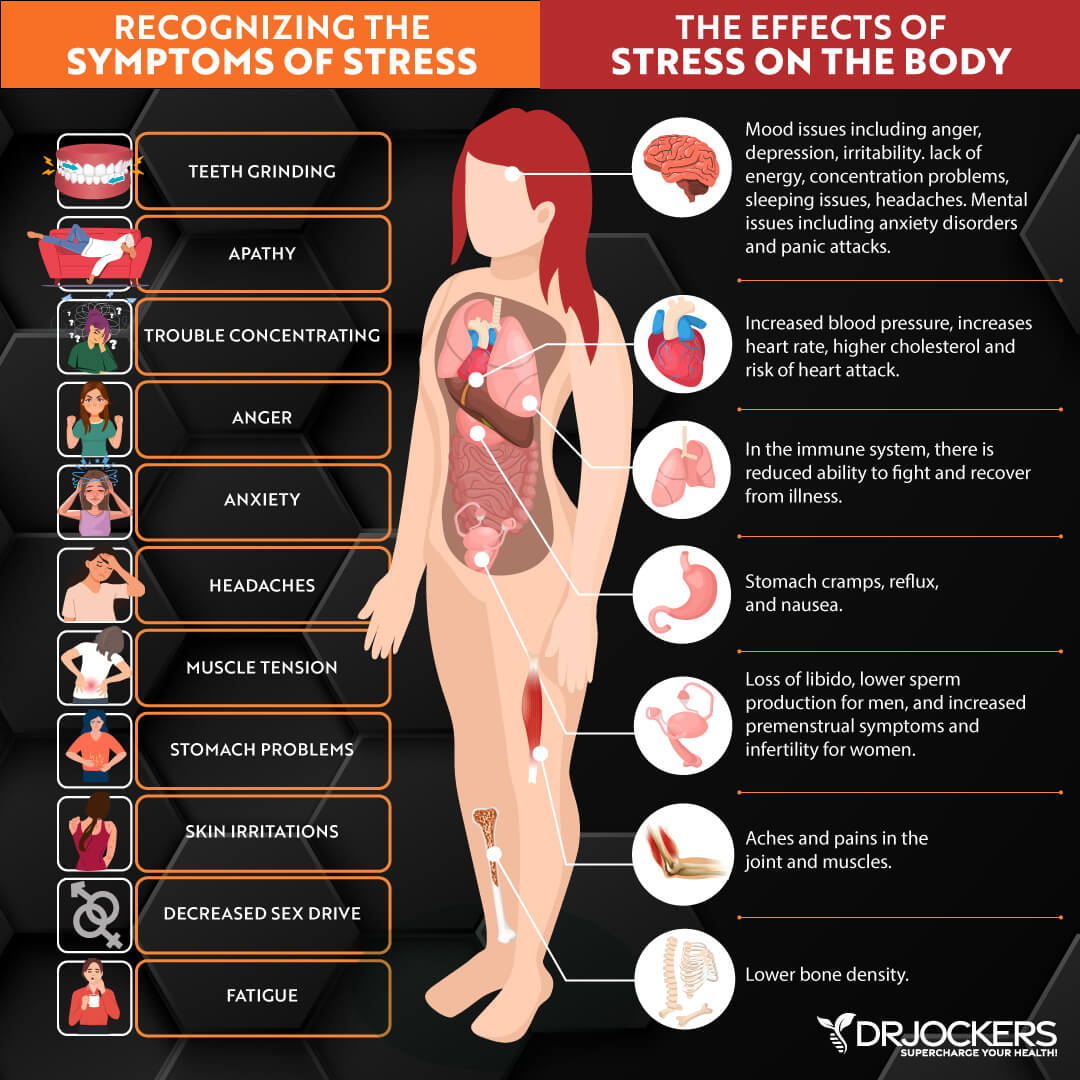
Top 7 Nutrients to Support Heart Health
Now that we understand some of the biggest contributing factors to your risk of heart disease, we can get into some more specific strategies for supporting your cardiovascular system. In addition to a antioxidant-rich, ketogenic diet (read about it here), there are specific nutrient strategies that can help improve your heart health.
These nutrients are the most common things I find deficient in individuals who develop heart disease. However, it is very important to note that these nutrients are not at this time FDA approved to prevent, mitigate, treat or cure heart disease and should not be confused as such. With that said, these nutrients can help to support a healthy inflammatory process, improve blood vessel strength and tone and optimize circulation.
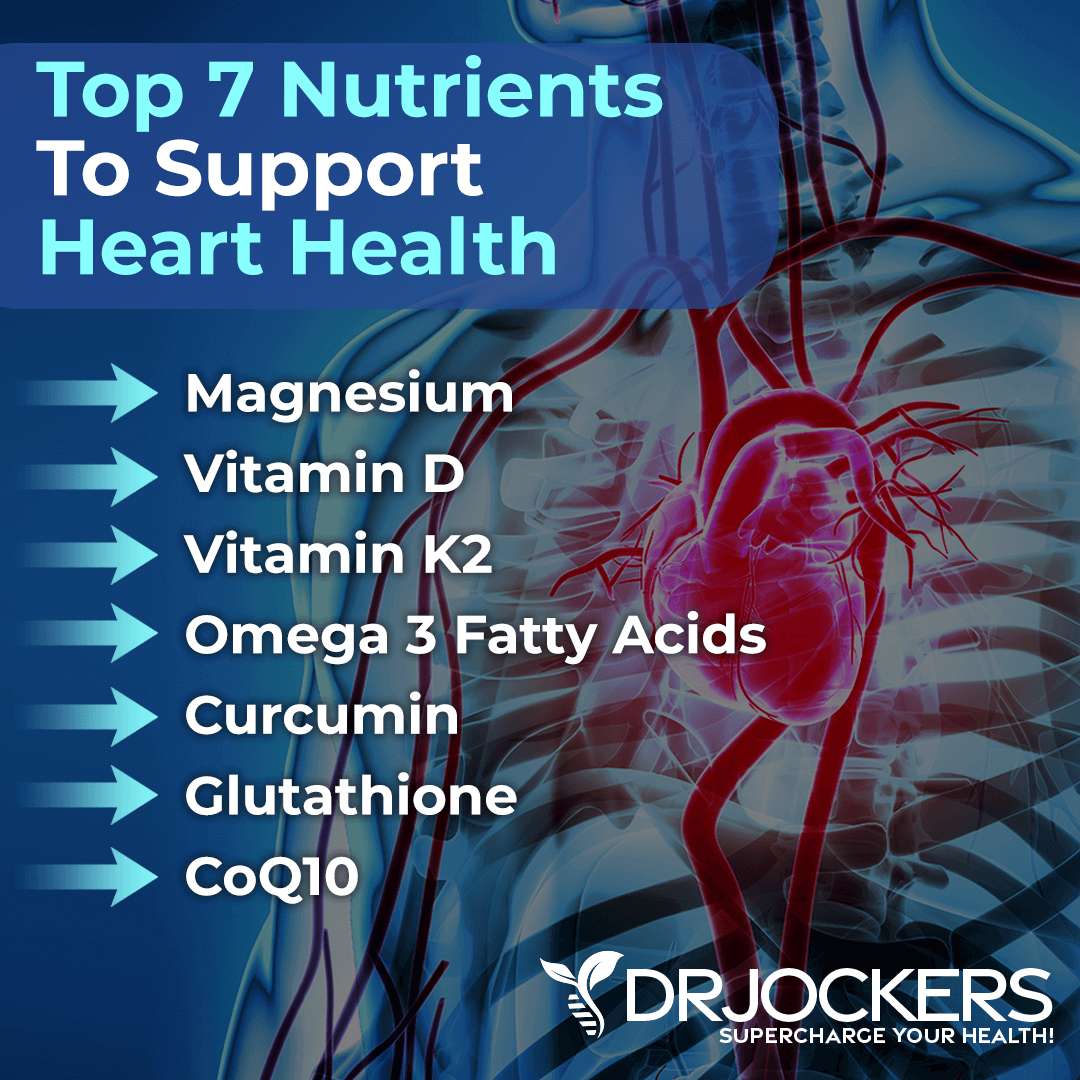
Magnesium
Magnesium is needed to create the activated form of ATP. This is the molecule that provides the cells in your body with energy to carry out their functions. With poor magnesium levels, mitochondria, especially in the heart, will suffer. Additionally, low blood magnesium levels are associated with high blood pressure, a major risk factor for heart disease.
Finally, magnesium plays a role in calcium metabolism, helping to make sure calcium doesn’t end up in places it shouldn’t be, such as your arteries.
Simply increasing your intake of magnesium-rich foods and supplementing with magnesium on a daily basis can go a long way in mitigating your risk of heart disease (7). My favorite forms of magnesium are malate, glycinate, and especially threonate for its brain benefits. For those with digestive challenges, topical magnesium is an excellent choice.
Dosage: Different forms of magnesium have different bowel tolerance. For Brain Calm Magnesium, I recommend 1–2 scoops in water daily. Topical magnesium can be used more frequently.
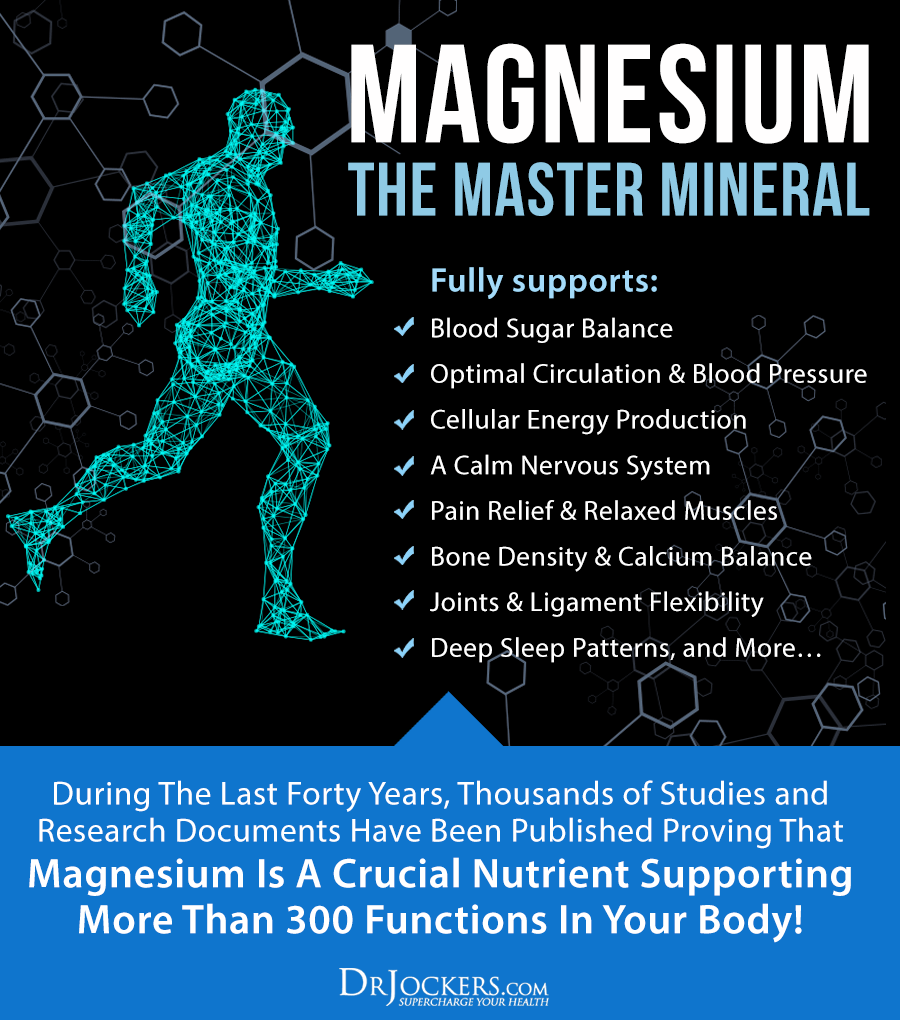
Vitamin D and Heart Health
Vitamin D deficiency is associated with increased risk of heart disease, diabetes, and metabolic disease (8). Vitamin D helps to regulate calcium distribution throughout the body, especially when combined with Vitamin K. Additionally, Vitamin D has beneficial effects over inflammation and blood sugar control, both critical for heart health.
Typically, adequate Vitamin D levels can be achieved through bare skin exposure to sunlight. As a society we have become scared of the sun and either cover up or tend to stay inside most of the time. Others simply do not live in a location where the sun’s UV rays are strong enough to generate adequate Vitamin D. This is when supplementation is critical.
To Boost D3/K2 Levels: 2,000 IU and 40 mcg for every 25 lbs. of body weight
This typically will add 15-20 IU to your blood D3 levels each month. If your levels are 20 – do this for 3 months to get you to 80 (be sure to test to make sure)
For D3 Maintenance: 1,000 IU and 20 mcg for every 25 lbs. of body weight
Vitamin D3/K2 power is my personal recommendation to support vitamin D levels. However, it is important to remember that vitamin D supplementation is not FDA approved to prevent, mitigate, treat or cure heart disease and shouldn’t be confused as such.
To determine your Vitamin D needs, I would recommend getting this lab test done: Comprehensive Blood Analysis
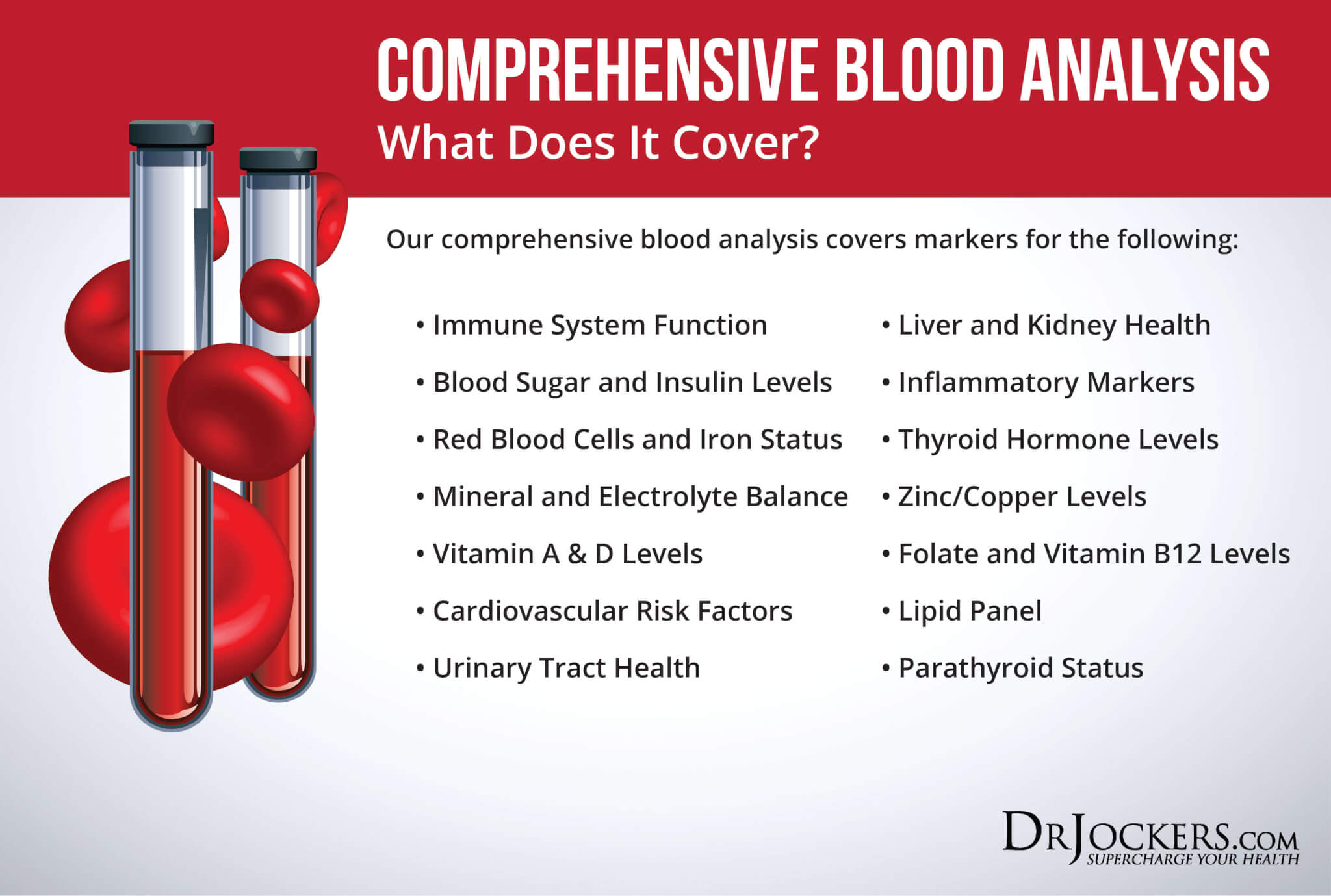 Vitamin K2 and Heart Health
Vitamin K2 and Heart Health
Vitamin K goes hand-in-hand with Vitamin D. Animal studies have shown that Vitamin K2 not only has the potential to prevent heart disease, but may actually be able to help remove built up calcium within the arterial lining (9). However, it is important to remember that is an animal study and that vitamin K2 supplementation is not FDA approved to prevent, mitigate, treat or cure heart disease and shouldn’t be confused as such.
While K2 can be supplemented, and guidelines for that are shown just above, it is also produced by the healthy bacteria within your gut. To support a healthy microbiome, I would recommend cycling a lactic-acid based and soil-based probiotic every 3–6 months.
We offer several probiotics including a clinically tested lactobacillus and bifido bacterium based probiotic called ProbioCharge and a combination of lactobacillus, bifido bacterium, S Boulardii and soil based bacteria in SBO Probiotics – Ultimate.
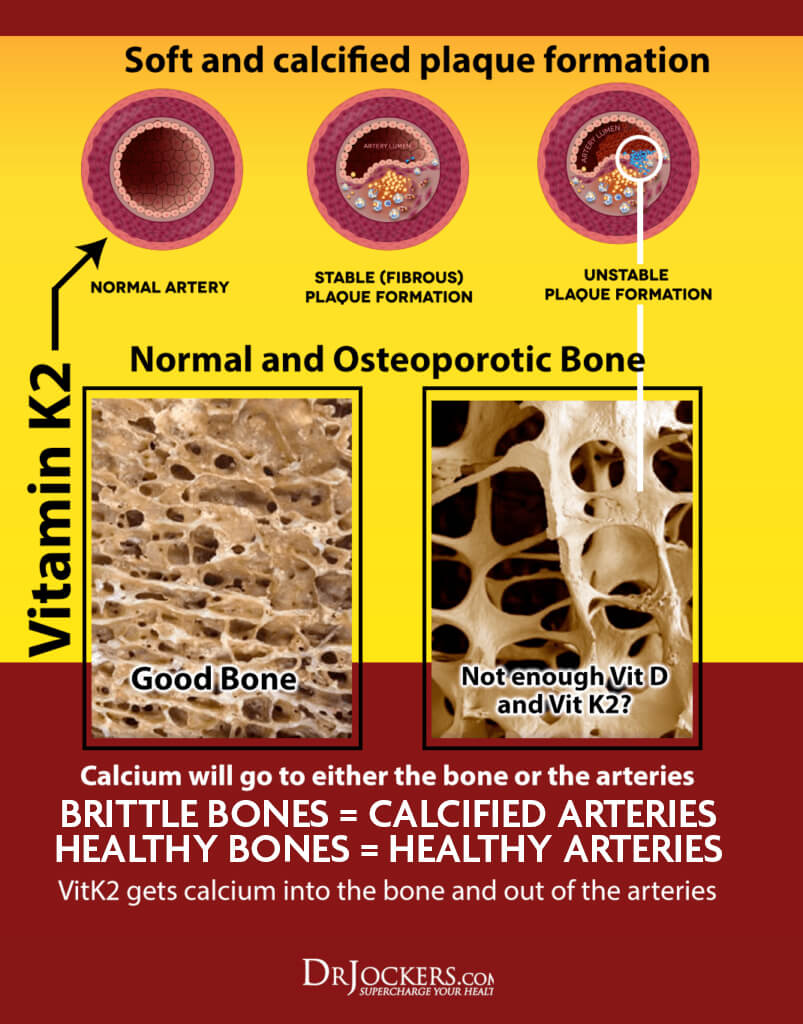
Omega 3 Fatty Acids
Most people consume a large amount of omega 6 fats and not enough omega 3. The ratio of omega 6 to omega 3 fats we have in our bodies, and the sources we derive these fats from, has a profound impact on inflammatory markers in the body.
Increasing omega 3 intake and working to decrease omega 6 intake is a great preventative strategy for heart disease. Omega 3 fats also help to improve calcium metabolism to prevent the deposition of calcium in the arterial lining. Finally, omega 3 fats, namely EPA and DHA, can help to improve cholesterol, triglyceride, and blood pressure values.
You can acquire EPA and DHA from wild-caught seafood sources such as Alaskan salmon, sardines, cod and limited amounts of tuna (due to mercury). Additionally, supplementing with 1–4 grams of either fish or algae-sourced omega 3 fats is a great idea. However, it is important to remember that omega 3 supplementation is not FDA approved to prevent, mitigate, treat or cure heart disease and shouldn’t be confused as such.
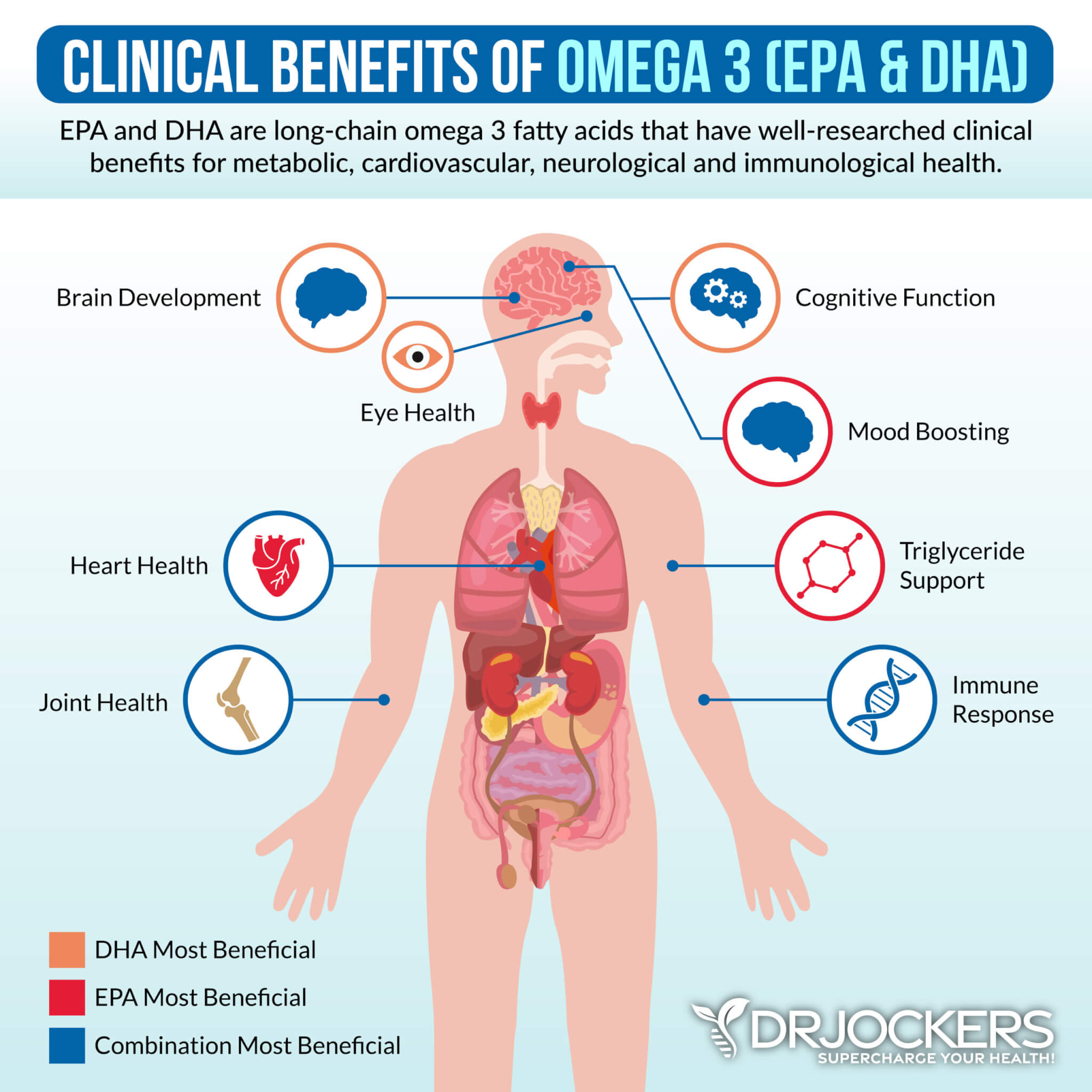
Curcumin
Curcumin is one of the most studied anti-inflammatory compounds isolated from the Indian spice, turmeric. Turmeric is one of the most heavily studied spices ever, having endless therapeutic value for many different types of diseases. This is likely due in part to its powerful anti-inflammatory properties.
Curcumin is a powerful antioxidant that also helps to balance cholesterol and calcium levels (10). Curcumin can be acquired by consuming turmeric in the diet, however it is important to combine with black pepper, a healthy fat, and a bit of heat in order to extract the full benefits.
This is because turmeric and its compounds are not readily absorbable by the digestive tract. This is why I generally recommend a fermented form of turmeric called Organic Turmeric.
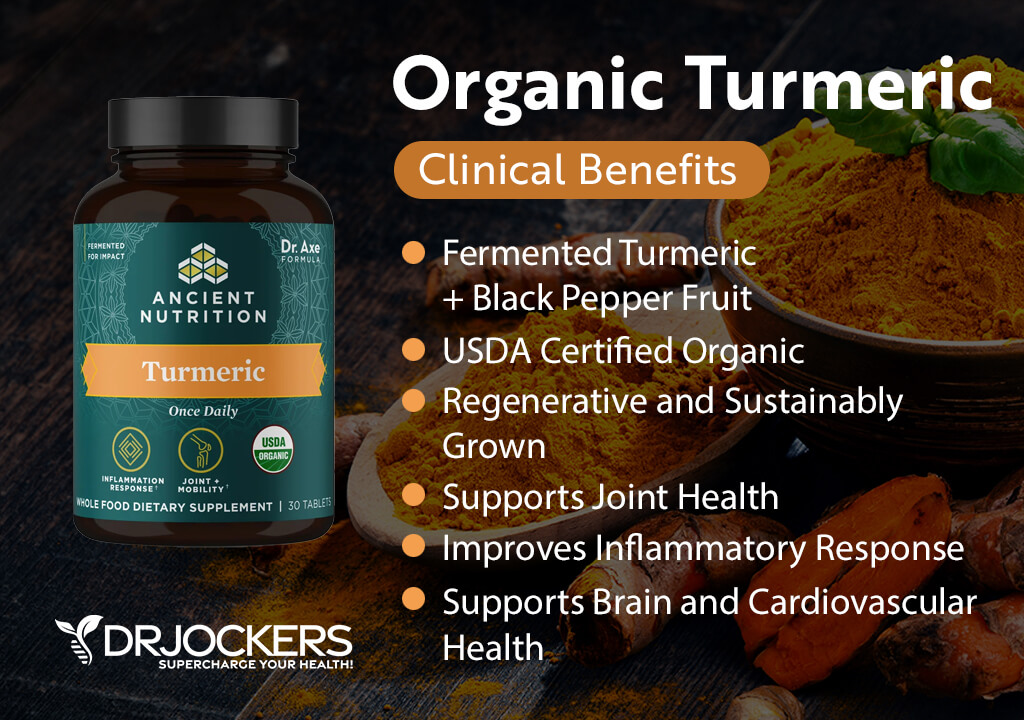
Glutathione
Speaking of antioxidants, glutathione is the most important antioxidant in the human body. This is because it exerts powerful anti-inflammatory, antioxidant, and detoxification effects. At the same time, glutathione helps to regulate all other antioxidants in the body, such as Vitamins C and E, as well as Super Oxide Dismutase (SOD).
For acute support, it can be helpful to supplement with glutathione to bring down inflammation in the body quickly. Oral glutathione supplements typically present challenges with regard to absorption and ability to sufficiently increase the body’s glutathione levels.
Because it is made of amino acids, glutathione administered orally is subject to degradation in the GI tract. (Stomach acid could potentially render it inactive by denaturing it, the way it does naturally during the digestion of proteins.)
Glutathione delivered via liposomes bypasses degradation in the GI tract and is absorbed much more effectively and efficiently by the body. This is why I love Glutathione Boost which is a liposomal form of glutathione that has optimal absorption and works quickly to improve inflammation and immune health. I also really like our Super Glutathione which uses an S-acetylated form of glutathione that bypasses the gut and optimizes absorption into the cell.
CoQ10
CoQ10 is a fat-soluble antioxidant that is naturally occurring in the human body that helps to optimize mitochondrial function. The benefits of restoring CoQ10 levels include lowering inflammation, improving cholesterol ratios, and lowering blood pressure. Scientific evidence suggests that our ability to make this crucial antioxidant diminishes as we age and therefore we lose its protective benefits.
Mitochondrial dysfunction is considered a commonly overlooked risk factor in congestive heart failure that may be improved with CoQ10 supplementation (11). Considering the mitochondrial dysfunction aspect of heart disease, it would be a powerful strategy to use a variety of strategies to support mitochondrial health.
For this, I recommend Super CoQ10 because it is a unique combination of the active form of CoQ10, ubiquinol. It also contains and trans-geranylgeraniol (GG) which complements the actions of ubiquinol by enhancing absorption and supporting endogenous CoQ10 synthesis naturally in the body. This combination helps to improve heart and brain health while supporting abundant energy levels.
However, it is important to remember that this supplement is not FDA approved to prevent, mitigate, treat or cure heart disease and shouldn’t be confused as such. It is used for health promotion only.
Heart Health Summary
Heart disease is the number one killer in America. It remains one of the top killers worldwide. There are a number of factors that contribute to heart disease and nutrition is a critical piece of the puzzle.
In addition to following a antioxidant-rich, ketogenic diet, using the nutrients listed in this article on a regular basis will do great things for your heart health. As an added benefit, you will likely notice greater day-to-day energy levels and mental clarity.
If you want to work with a functional health coach, I recommend this article with tips on how to find a great coach. Our website offers long-distance functional health coaching programs with our world-class team of health coaches. For further support with your health and other goals, just reach out—our fantastic coaches are here to support your journey.
Inflammation Crushing Ebundle
The Inflammation Crushing Ebundle is designed to help you improve your brain, liver, immune system and discover the healing strategies, foods and recipes to burn fat, reduce inflammation and Thrive in Life!
As a doctor of natural medicine, I have spent the past 20 years studying the best healing strategies and worked with hundreds of coaching clients, helping them overcome chronic health conditions and optimize their overall health.
In our Inflammation Crushing Ebundle, I have put together my very best strategies to reduce inflammation and optimize your healing potential. Take a look at what you will get inside these valuable guides below!




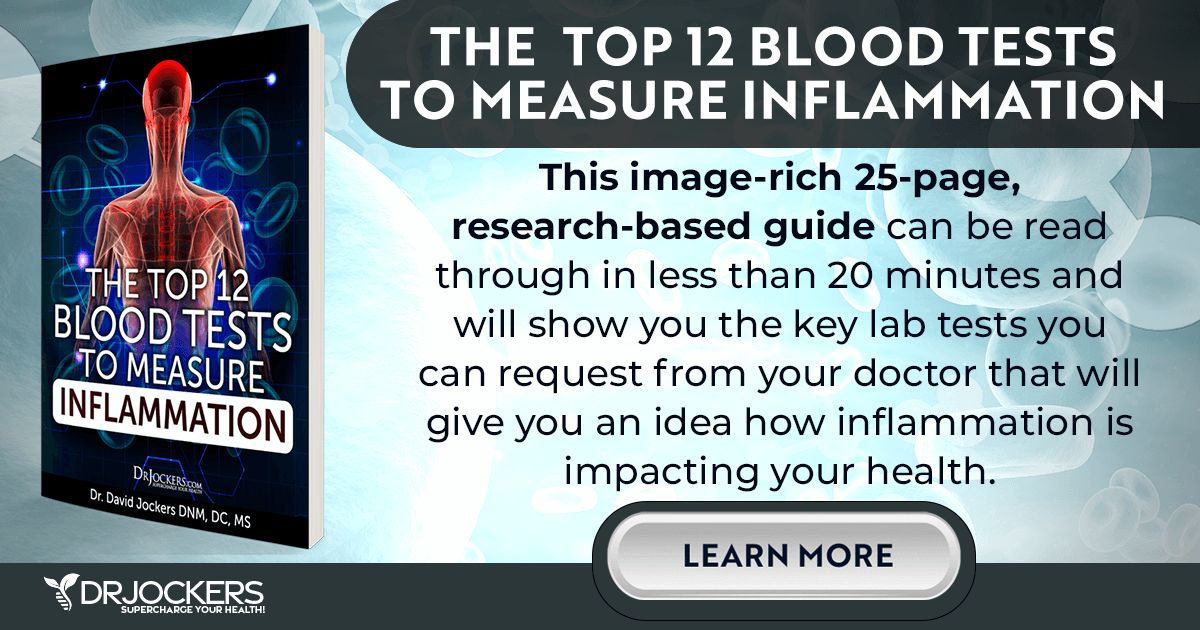


I have read a book entitled the “Sinatra Solution Metabolic Cardiology”, by Dr. Stephen Sinatra M.D., who is considered to be a preventative cardiologist.
The book has a lot of information about the heart and how it can be repaired naturally.
For high blood pressure he recommends CoQ10 180 to 360 mg a day.
L-carnitine 500 to 1000 mg a day.
Nattokinase 100 mg a day.
2 to 3 g a day of fish oil.
1 g of garlic.
D-ribose 5 to 10 g a day.
Hawthorne Berry 1000 to 1500 mg a day.
He says the garlic and the Hawthorne Berry on very are similar to an ACE inhibitor for lowering blood pressure. I found this to be a very good book written by a cardiologist who is learned to step outside the box and heal your heart with natural remedies rather than drugs and/or surgeries.
Thanks for sharing Joe!
Just read your comments regarding Dr. Stephan Sinatra (cardiologist)
He gave good advice I think, however I do believe he died several years ago. From what I read, he had a heart attack or heart disease.
Would you have any further comments?
Hi Dr Jockers,
Excellent report! Can you explain the amount of K2 needed for maintenance. I’m not understanding what’s written. 200mcg for every 25 lbs? For me that would be 1,800 mcg per day? Is that correct? I’m 6’3” and 230 lbs.
Thank you.
Thanks George. We recommend 20 mcg of K2 per 25 lbs of body weight for maintenance. So if you are 230 lbs, that would be roughly 180 mcg of K2 daily.
What to think about l-lysine and vitamin c for your heart?
That combination can be a great tool Ronald!
I had heart failure and an aortic valve repair. I was put on a statin drug which caused me to feel like my gastroc and and lower extremity muscles were in knots. I have been a practicing Podiatrist for over 40 years and know that a lot of podiatrist’s patients have this problem when they are on statin drugs. I became familiar with Dr. Sinatra over ten years ago. Using his supplements I have gotten my diabetes and heart problems well under control. I am losing about 1 pound a week by walking 45 minutes a day and taken supplements suggested by Dr. Sinatra. I agree with Dr. Jockers also. At one time I shared office space with a chiropractor and agree that too many new drugs such as statins can be avoided by knowing that there are natural supplements available that can be taken safely and let patients avoid side effects of some of the expensive drugs that big pharma and the FDA hatched through what Rush Limbaugh calls “crony Capitalism”!
Thanks so much for sharing Dr Herbert!
I love that you included that graphic showing how many succumb to mainstream medicine’s errors! I stopped going to hospitals and mainstream doctors, I only embrace natural medicine now and I’m healthier in my 60’s than I was in my 50’s. Another great article, Dr. Jockers. I drink pomegranate juice in addition to supplements for heart health and walking an hour every day. Pomegranate juice is able to dissolve fibrous plaques and clear out arterial buildup.
Thanks for sharing Nora!! Love pomegranate, but be careful as there is a lot of sugar in the juice! Blessings!
depends on how generous you are
After my first relatively minor heart attack, I could have avoided two more over the course of the next seven years (the third one nearly fatal, requiring open heart surgery) if — instead of installing a counter-productive stent and telling me to avoid eating saturated fats and cholesterol and to replace butter with margarine — my now ex- cardiologist had simply asked me, “Greg, have you ever had a root canal?” My now-ex conventional dentist knew about all three of my heart attacks and my 30+ year old root canal and never thought to check for a possible infection there because the ADA continues to insist that there is no possible connection between root canals and heart disease. Eventually I happened to make an appointment with a holistic dentist for a second opinion after my old dentist recommended another root canal (which I didn’t really need at all). On my first visit with my new holistic dentist (who knew nothing yet about my health history) he discovered a massive infection in the jaw bone above the old root canal and told me, “You had better have that dead tooth removed and the infection in the bone above it cleaned out before it causes you to have a heart attack.” I got on line, found out about the work of Weston A. Price and Hal Huggins, and had him take care of doing that for me. Surprise, surprise, now I have no more signs of heart disease.
Other kinds of oral infections, especially a cavitation resulting from an improperly pulled tooth, can cause the same problem. I highly recommend that anyone who has developed signs of heart disease make an appointment to see a holistic dentist who is trained in the Huggins Procedure to rule out that possibility.
Unfortunately nearly all conventional cardiologists will automatically prescribe statins, which reduce the liver’s ability to produce Co-Q10 (see, for example, https://www.ncbi.nlm.nih.gov/pmc/articles/PMC3096178/), which leads to heart-health destroying mitochondrial dysfunction and makes matters even worse. I eventually discovered that adding PQQ to my Co-Q10 supplementation also made a world of difference in my recovery from the neuromuscular damage that the statins also caused.
Thanks for sharing Greg! So glad you have found answers in your health journey! Blessings!
Dr Jockers let me commend you on your most informative articles.. I have learnt quite a lot that I never knew about the human body..Thank you for your layman’s explanation ..I am very grateful to you..God bless you…
why no mention of ALA and flax seed oil as sources of omega 3s?
why talk about curcurmin when it is much better to take the whole product of turmeric?
GOD and mother nature did not make any extracts! in their infinite wisdom they made whole products, the other constituents thereof all working together to achieve the desired results.
Unfortunately, ALA has poor conversion into EPA and DHA so we don’t recommend that as a good source to seek out for the purposes of increasing omega 3 fatty acids. Yes, turmeric is a great herb for reducing inflammation and supporting heart health!
I have been diagnosed with heart failure my heart is not operating at total capacity, but I do not have the topical heart failure symptoms, such as shortness of breath, or fatigue I can get on a treadmill, for hours. however, my blood pressure is consistently elevated. any suggestions on supplements?
Thank you
Yes, follow the info in this article: https://drjockers.com/bad-circulation/